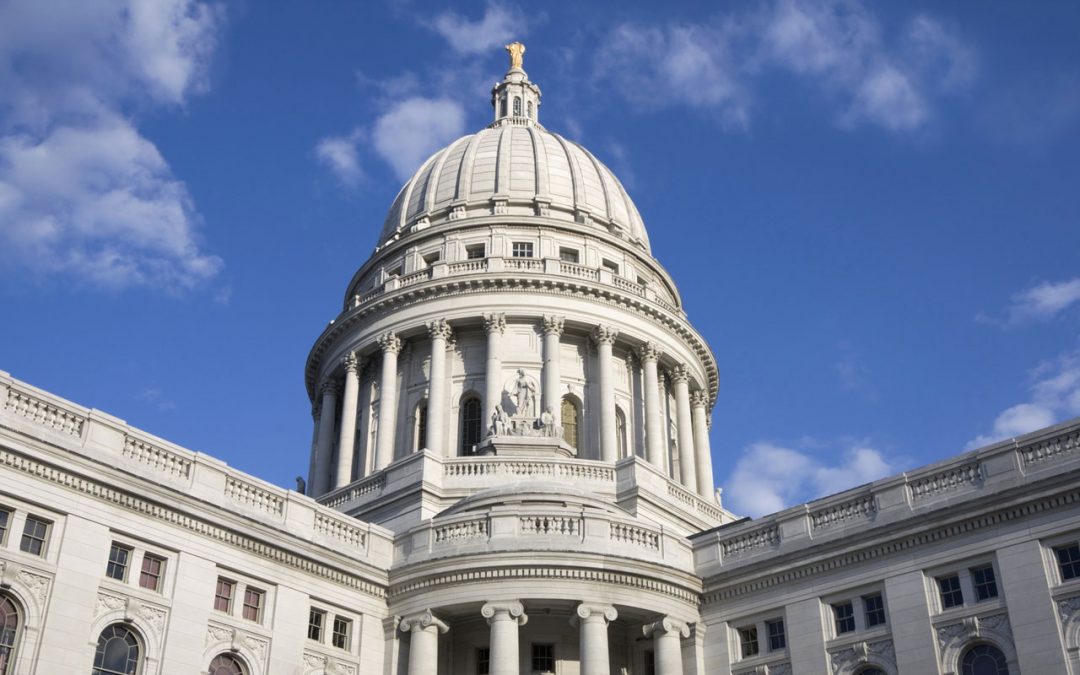Now that Election Day is behind us; some people are happy with the results and some are not. While others are still awaiting the results of narrow victories and anticipating recounts in others. We are slowly working to try to absorb the outcome, consequences, and possible opportunities for the next few years.
At first glance, the obvious. Americans are divided. The whys and hows can be left to those more knowledgeable about elections than I am.
With Republican Donald Trump’s reelection as President, many people in the renewable energy industry as a whole have questions about the future. Much could change under the new administration, rescinding funding for parts of the Inflation Reduction Act (IRA), cuts to other incentives, changes to trade policy and greater costs for imported parts, a shift to a pro-fossil fuel agenda, and the possible roll-back of rules — all creating overall uncertainty. The Bipartisan Infrastructure Law, however, had the support of both parties and may prevail. The ramifications might not be known immediately, but we will continue doing what we can to help the industry navigate whatever changes may come.
President Trump’s administration, from the selection of the cabinet secretaries to many other roles in government, will have an easier time getting confirmations approved as the U.S. Senate is also back in Republican control. The outcome of the U.S. House is yet undetermined.
Wisconsin’s Democratic U.S. Senator Tammy Baldwin was re-elected, continuing her support of clean energy. Wisconsin congressional delegates retained the same party affiliations with one new representative in the 8th Congressional District, Tony Wied replaced Mike Gallagher who resigned earlier.
At the State Capitol
Republicans retained their majority in the State Senate and State Assembly, but their margins have shrunk.
The Senate is now 18-15. Out of the 16 contested districts, Democrats flipped 4 seats held by Republicans, retained the vacant Democratic seat in the Milwaukee area, and protected the district in La Crosse held by Brad Pfaff. This means the State Senate no longer has the ability to override a governor’s veto by supermajority. It also means that the 2026 election will be hotly contested.
The losses:
Sen. Duey Stroebel, past author of the Community Solar legislation and opponent of ROFR (Right of First Refusal bill that utilities desperately wanted to pass to ensure more say in transmission projects). The race is noteworthy because of the staggering amount of political dollars spent as well as the apparent result of redistricting. For the coalition working on the Community Solar legislation, the shift is to find another Senate lead process and reintroduce the bill, with maybe a slightly different process.
Sen. Rob Cowles – no longer in the legislature because of his retirement after 42 years. He was a champion for all things renewable, and a thorn to some, because he questioned, challenged, and offered change to the usual. His genuine interest in the issues will be missed. We are thankful for their support of our issues.
The gains:
In the 30th Senate District, newly elected Jamie Wall brings a wealth of local government experience. As a candidate, Jamie participated in the RENEW Wisconsin Energy Fund event in the Green Bay area. There are 3 other new senators to work with.
In the State Assembly
The margins are likely to be 54-45, with Republicans ceding 10 seats.
One of the losses, significant to the Community Solar legislation, is Rep. Binsfeld who cosponsored the bill. But potential pluses are the two dozen new state representatives with fresh ideas and experience that could lead to greater support for our issues.
The narrower majority could also mean different committee make-up, in terms of the number of Republicans and Democrats assigned to committees, and a greater need for bipartisanship on issues. For the energy committee in particular, it also means a lot of new people as many committee members retired.
More to come as we prepare for the next legislative session and welcome the newly elected in the public policy arena.

